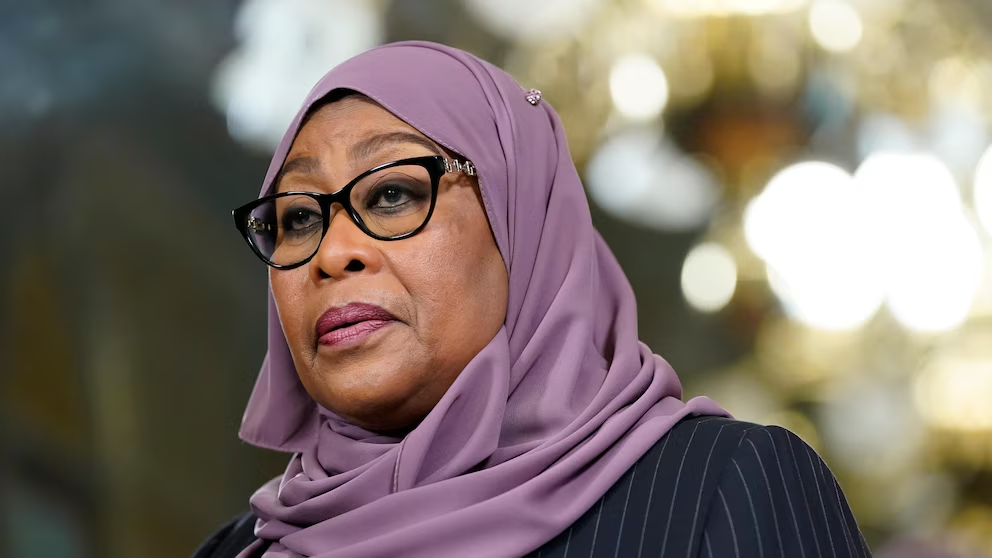The government of Tanzania has blocked access to the social media platform X (formerly Twitter) following a security breach of the Tanzania Police Force’s official account and growing international scrutiny over the government’s treatment of foreign activists and opposition figures.
According to internet watchdog NetBlocks, X became inaccessible across major internet service providers including Halotel, Airtel, Liquid Telecom, Habari Node, and Vodacom starting Tuesday evening.
“Live metrics show X has become unreachable on major internet providers in Tanzania; the incident comes as a compromised police account posts claims the President has died, angering the country’s leadership,” the London-based monitor said in a Mastodon update.
The block came just hours after the official X account of the Tanzania Police Force (@tanpol) — with more than 470,000 followers — was hacked and used to spread false information, including a fake announcement of President Samia Suluhu Hassan’s death. The hackers even launched a livestream from the compromised account. Authorities have since regained control and said an investigation is underway to identify and prosecute those responsible.
Online Morality Cited
Tanzania’s Information Minister Jerry Silaa also defended the shutdown of X on grounds of protecting public morality, claiming the platform allows pornographic content that violates the country’s online content regulations.
“Since X updated its content policies, it has permitted explicit sexual material, including same-sex pornographic content, which directly contradicts Section 16 of the national online ethics guidelines,” Silaa said in a televised interview.
“Our duty is to ensure the safety and well-being of our people, especially the youth.”
He added that other platforms like YouTube have also faced content restrictions in Tanzania, as the government increases control over digital spaces.
Amid Crackdown on Regional Activists
The internet blackout comes in the context of a widening crackdown on foreign activists and legal observers, particularly those attending the treason trial of opposition leader Tundu Lissu.
Over the past week, several prominent East African figures have been arrested, detained, or deported under unclear circumstances, including:
- Boniface Mwangi (Kenyan journalist and activist)
- Agather Atuhaire (Ugandan media rights advocate)
- Martha Karua (former Kenyan Justice Minister)
- Willy Mutunga (former Chief Justice of Kenya)
- Gloria Kimani (LSK Council member)
- Lynn Ngugi, Hanifa Adan, and Hussein Khalid (Kenyan activists)
Authorities have declined to reveal the whereabouts of Mwangi and Atuhaire, who were arrested in Dar es Salaam on Monday. Meanwhile, Amnesty International reports that Tanzanian lawyers were told the pair would be deported, but no confirmation has followed.
Those deported earlier had flown in for Monday’s trial session of Chadema opposition leader Tundu Lissu, a long-standing critic of the Suluhu administration.
In a speech launching Tanzania’s new foreign policy, President Suluhu warned that “ill-mannered individuals from other countries” would not be allowed to interfere in Tanzania’s affairs.
“We have started to observe a trend in which activists from within our region are attempting to intrude and interfere,” she said.
Critics and rights groups argue the developments mark a significant rollback of democratic freedoms, comparing Suluhu’s actions to the authoritarian tenure of her predecessor John Magufuli.
As of now, access to X remains blocked in Tanzania unless users deploy Virtual Private Networks (VPNs) — a growing workaround that digital rights advocates warn may soon come under scrutiny as well.

